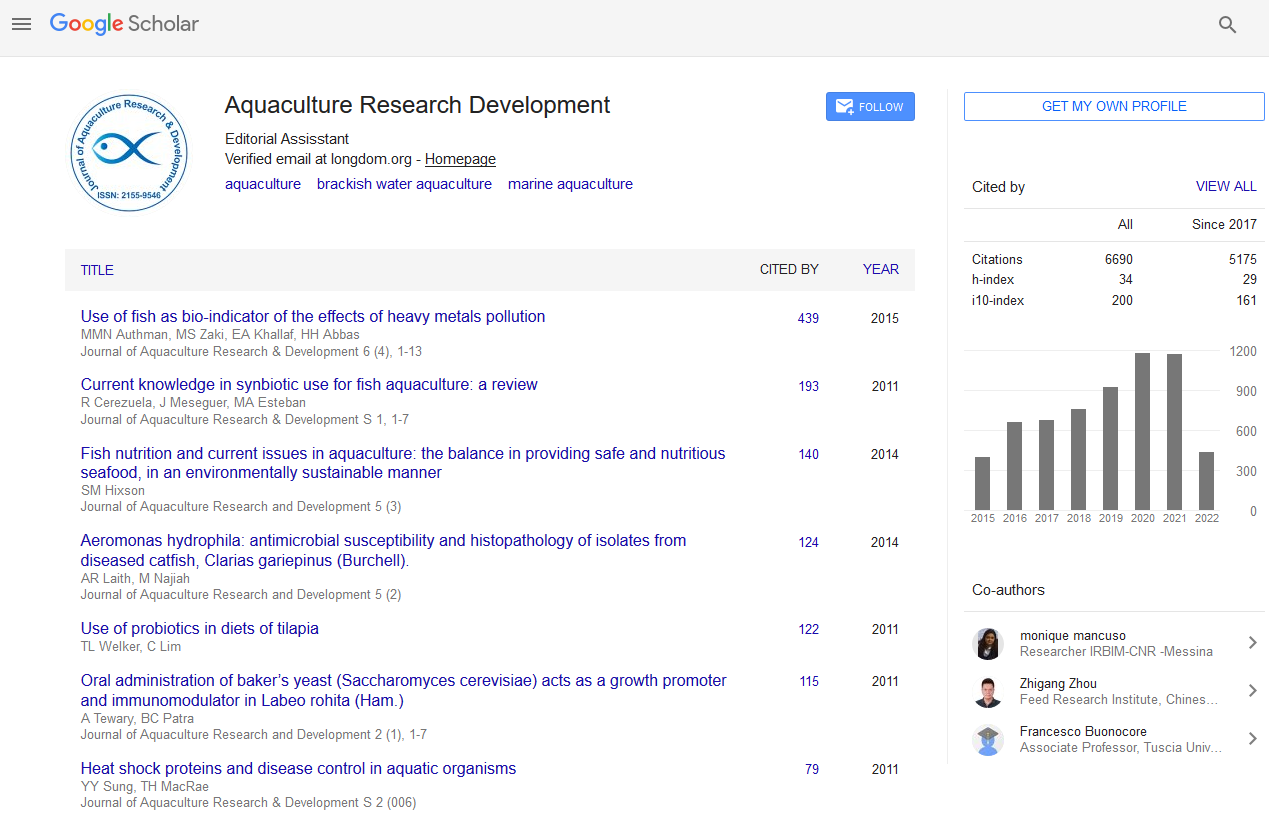PMC/PubMed Indexed Articles
Indexed In
- Online Access to Research in the Environment (OARE)
- Open J Gate
- Genamics JournalSeek
- JournalTOCs
- Scimago
- Ulrich's Periodicals Directory
- Access to Global Online Research in Agriculture (AGORA)
- Electronic Journals Library
- Centre for Agriculture and Biosciences International (CABI)
- RefSeek
- Directory of Research Journal Indexing (DRJI)
- Hamdard University
- EBSCO A-Z
- OCLC- WorldCat
- Scholarsteer
- SWB online catalog
- Virtual Library of Biology (vifabio)
- Publons
- MIAR
- University Grants Commission
- Euro Pub
- Google Scholar
Useful Links
Share This Page
Journal Flyer

Open Access Journals
- Agri and Aquaculture
- Biochemistry
- Bioinformatics & Systems Biology
- Business & Management
- Chemistry
- Clinical Sciences
- Engineering
- Food & Nutrition
- General Science
- Genetics & Molecular Biology
- Immunology & Microbiology
- Medical Sciences
- Neuroscience & Psychology
- Nursing & Health Care
- Pharmaceutical Sciences
Abstract
Vibrio Species Isolated from Farmed Fish in Basra City in Iraq
Asaad MR Al-Taee, Najem R Khamees and Nadia AH Al-Shammari
Aim: This study was carried out to investigate the occurrence of potentially pathogenic species of Vibrio in seven types of fish sampled from fish farms located in different districts in Basra governorate, Iraq.
Methods and Results: A total of 153 live fishes was collected from fish farms during the period January- May 2016. Bacteria were isolated using selective medium thiosulfate citrate bile sucrose salt agar. Presumptive Vibrio colonies were identi�ed using the VITEK 2 system and selected biochemical tests. In the present study V. alginolyticus (24 of 60) was the predominant species, followed by V. cholerae (10 of 60), V. furnisii (10 of 60), V. diazotrophicus (7 of 60), V. gazogenes (5 of 60) and V. costicola (4 of 60). The signs of vibriosis appeared in three types of fish, including Cyprinus carpio, Coptodon zilli and Planiliza subviridius in spite of the using Oxytetracycline in most fish farms.
Conclusion: The results of the present study demonstrated the presence of pathogenic Vibrio species nearly in all fish farms. So the farm owners should be concerned about the presence of these pathogenic bacteria which also contributes to human health risk and should adopt best management practices for responsible aquaculture to ensure the quality of fish.


